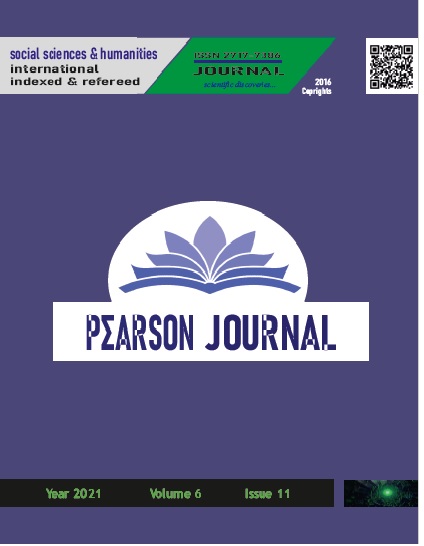MEDIA AT MIGRATION CRIME AND LAW: MIGRATION CITIES
DOI:
https://doi.org/10.46872/pj.244Keywords:
Migration and Crime, Media, Immigrant, Refugee Law, Assylum SeekerAbstract
In this study, based on some striking examples, migration, which is one of the biggest problems of the modern age, and the relationship of crime in expanding cities have been investigated and the impact of immigration on crime, the legal regulations in this context and the media reflections of migration and crime relations, and the legal regulations in the expanding cities via migration have been evaluated. Increasing tension, conflicts, wars, hunger, poverty, economic imbalance, oppression, inequality and unrest based on religion, sects, and culture in the world have increased migration and caused many more problems. The borders that states have determined regarding their sovereign rights over their countries have brought along problems related to the issue of immigration, although they exist throughout history. The severe violations of human rights caused by the torture and deaths experienced during the Second World War caused population mobility all over the world and as a result, the issue of migration has become an important agenda item in our recent history. While international organizations and states try to solve the problems arising from immigration with legal regulations, they cannot keep up with the pace of the problems caused by migration and the increase in crime rates. In this context, the problems faced by immigrants who take their cultural luggage with them to the destination country, especially xenophobia, make the lives of immigrants difficult and at the same time position them in the world of others. From this point of view, cities that grow with migration reach a cosmopolitan structure, if not metropolitan, and transform into places of necessary living, dissatisfaction and chaos. Unemployment, incompatibility, unrest, conflict and problems are experienced to a great extent in overgrown cities. Legal regulations have been insufficient.




